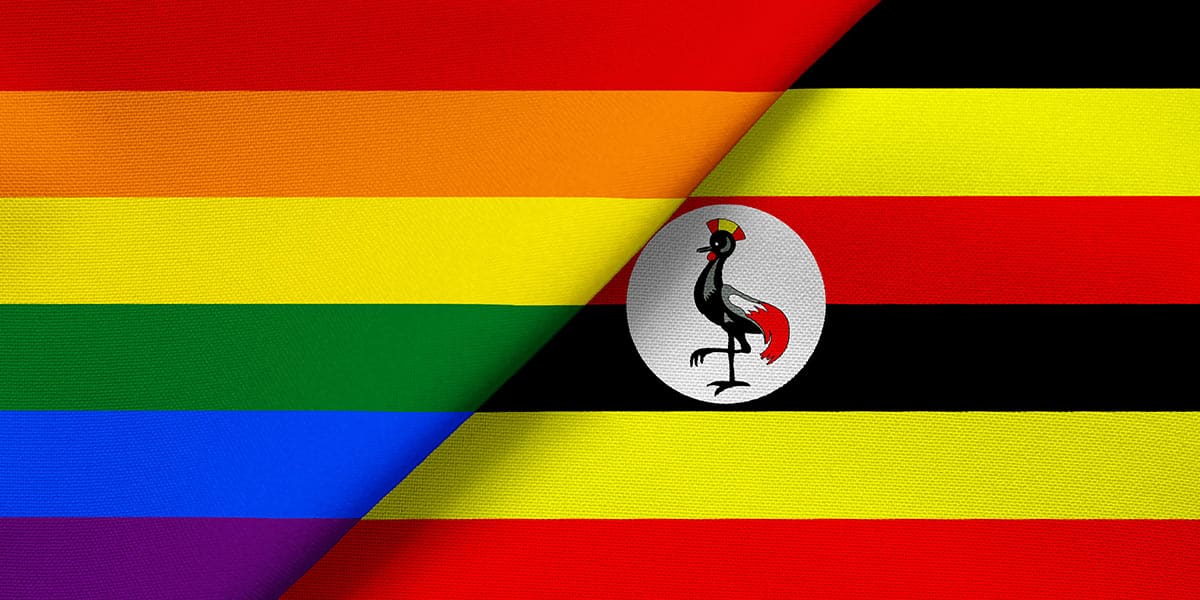US lawmakers urge World Bank to suspend loans to Uganda over anti-LGBTQ+ law

Several members of the US Congress have appealed to Ajay Banga, President of the World Bank Group, to suspend all lending to Uganda.
Their call comes in response to the recently signed Anti-Homosexuality Act, which mandates state-sponsored discrimination and violence against LGBTQ+ people, violating the World Bank’s stated policies.
The law, signed by President Yoweri Museveni in May, has sparked international condemnation. The act imposes several severe penalties, including life imprisonment for engaging in homosexual acts, the death penalty for “aggravated” homosexuality, and a 20-year prison term for “promoting” or advocating for LGBTQ+ rights.
Landlords face up to seven years in prison if they knowingly allow “any premises to be used by any person for purposes of homosexuality.”
In June, more than 170 rights groups, including ILGA World, The Human Rights Campaign, Outright International, and Rainbow Railroad, also urged the World Bank to suspend loans to Uganda in response to the anti-homosexuality law.
The World Bank issued a brief statement expressing that the Anti-Homosexuality Act contradicts its values of non-discrimination and inclusion.
However, the lawmakers and other groups consider this response insufficient and have called for more decisive action.
In a letter dated 25 July, the lawmakers noted that the law creates “a humanitarian crisis” that directly contradicts the World Bank’s principles and requirements outlined in its Environmental and Social Framework, adopted in 2016, which emphasizes inclusion and non-discrimination.
The Anti-Homosexuality Act further hinders LGBTQ+ individuals from enjoying the benefits of Bank-financed projects, and it even obliges project implementers to report beneficiaries they believe may be LGBTQ+ to the police.
The congress members urged that the World Bank, as a global standard-setter among multilateral development banks, should prioritise inclusivity and equity in its projects and policies, even in countries with repressive legal and social conditions for LGBTQ+ individuals.
“Continuing to lend money to Uganda and implement projects in the country would signal to the Ugandan Government, other governments considering similar laws, and LGBTQ+ people around the world that the World Bank does not truly value inclusion and that its commitments to non-discrimination are disingenuous,” wrote the lawmakers. “The World Bank can and must do better,” they added.
Leave a Reply